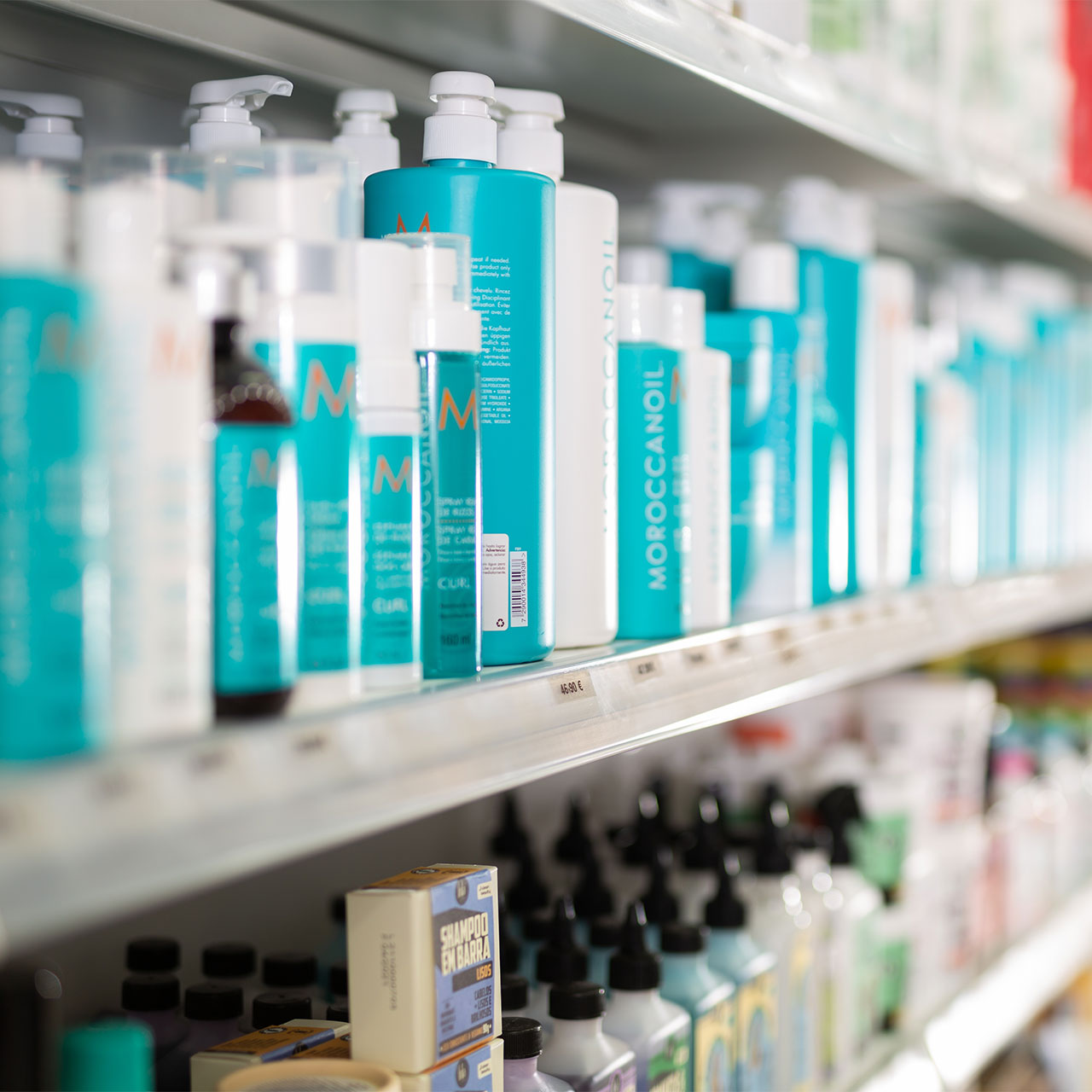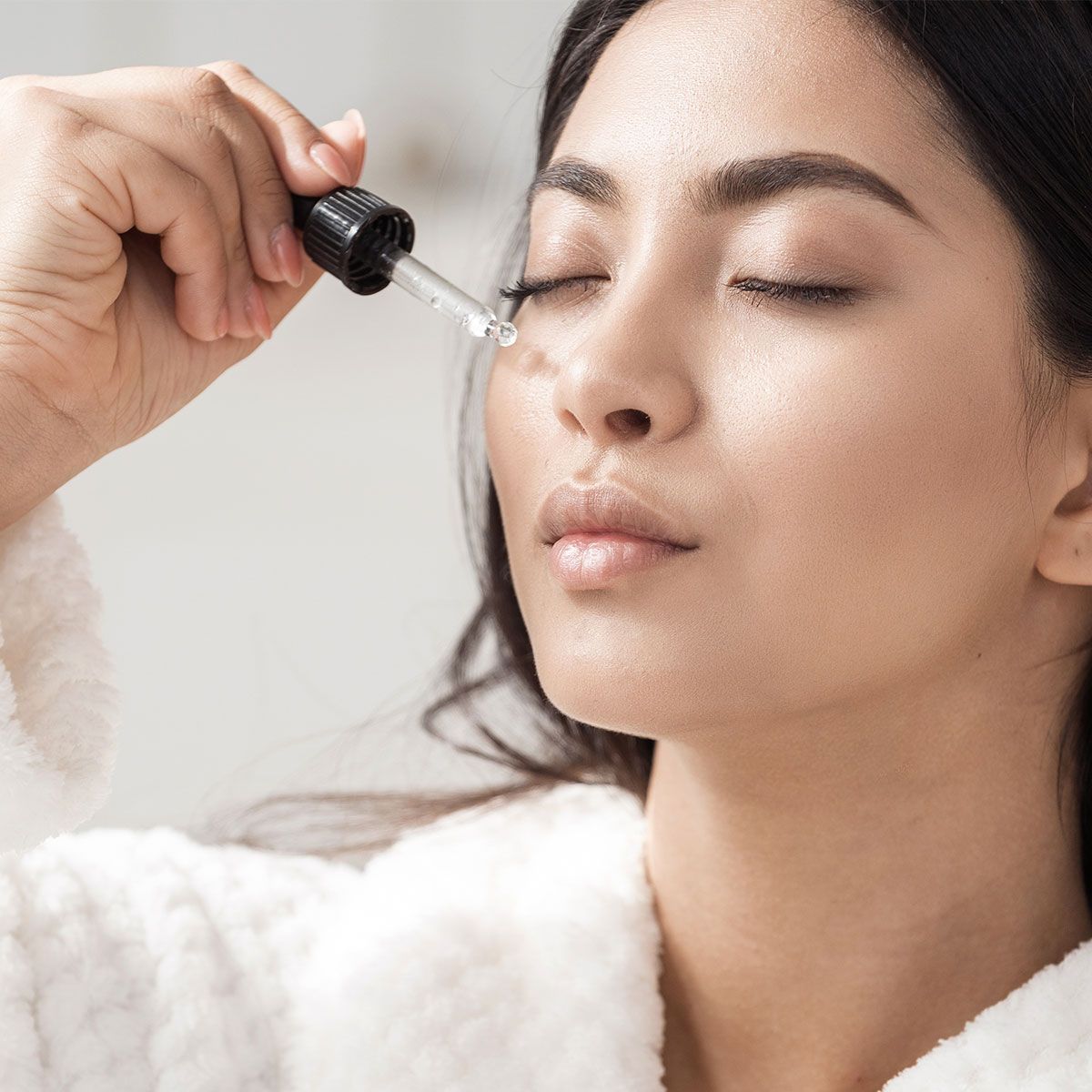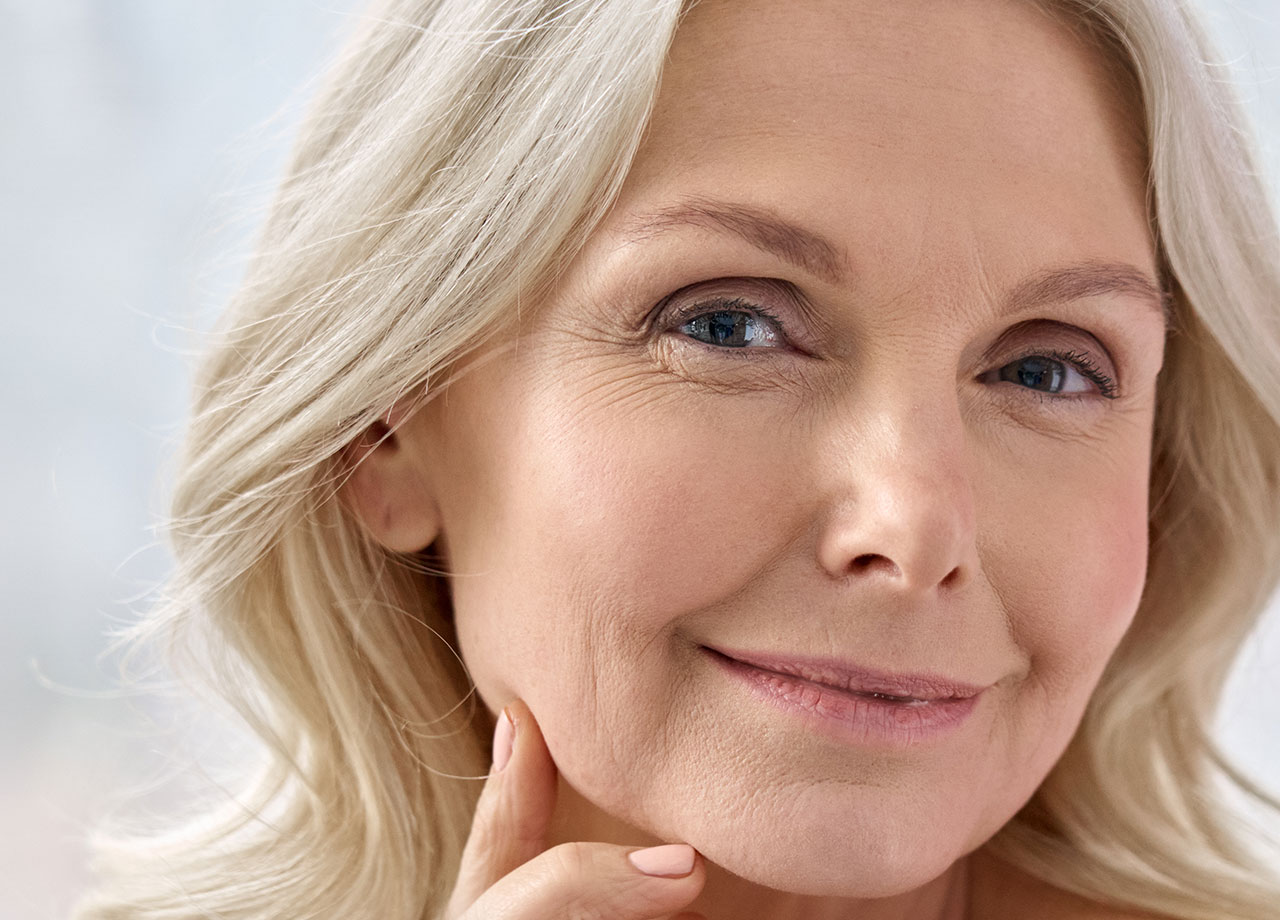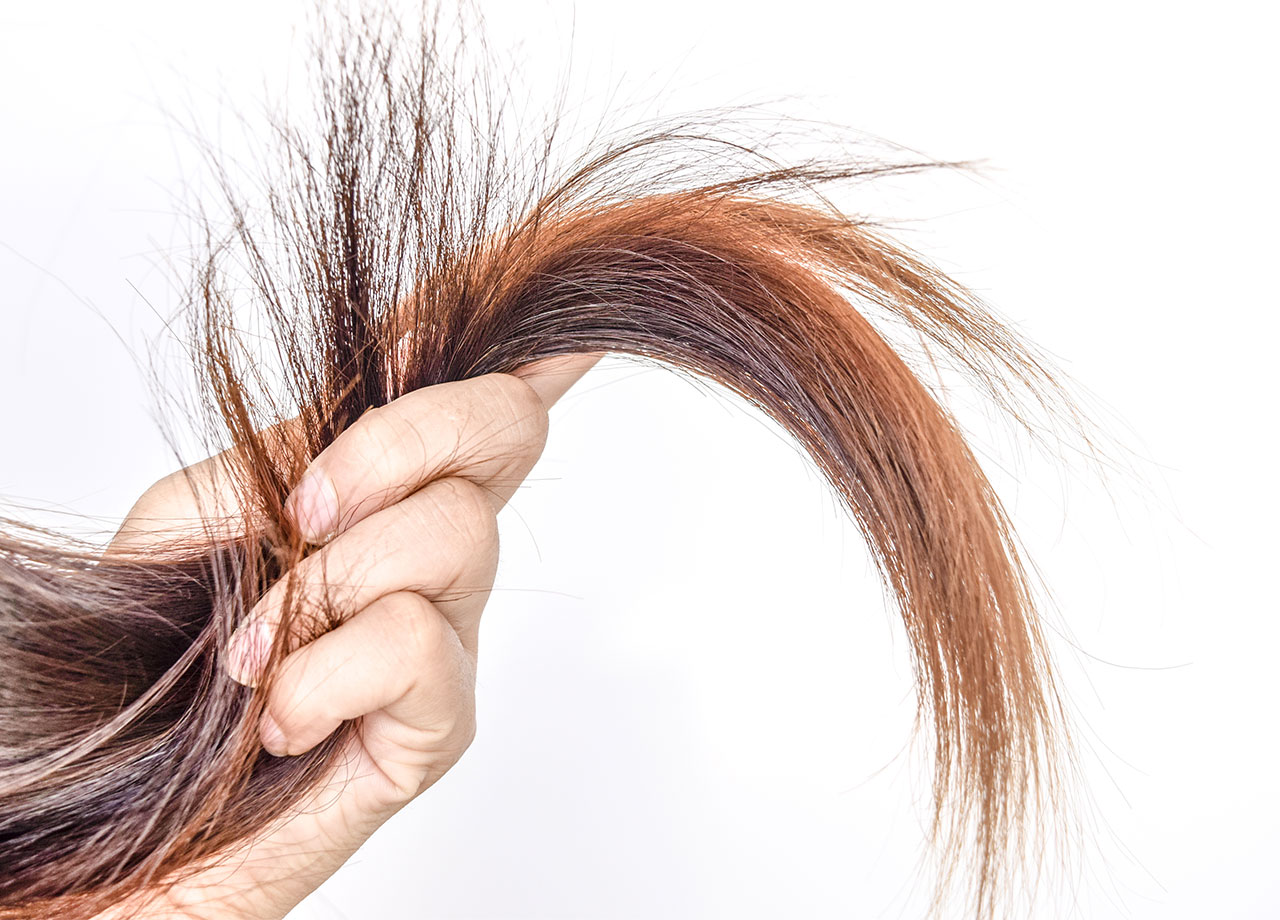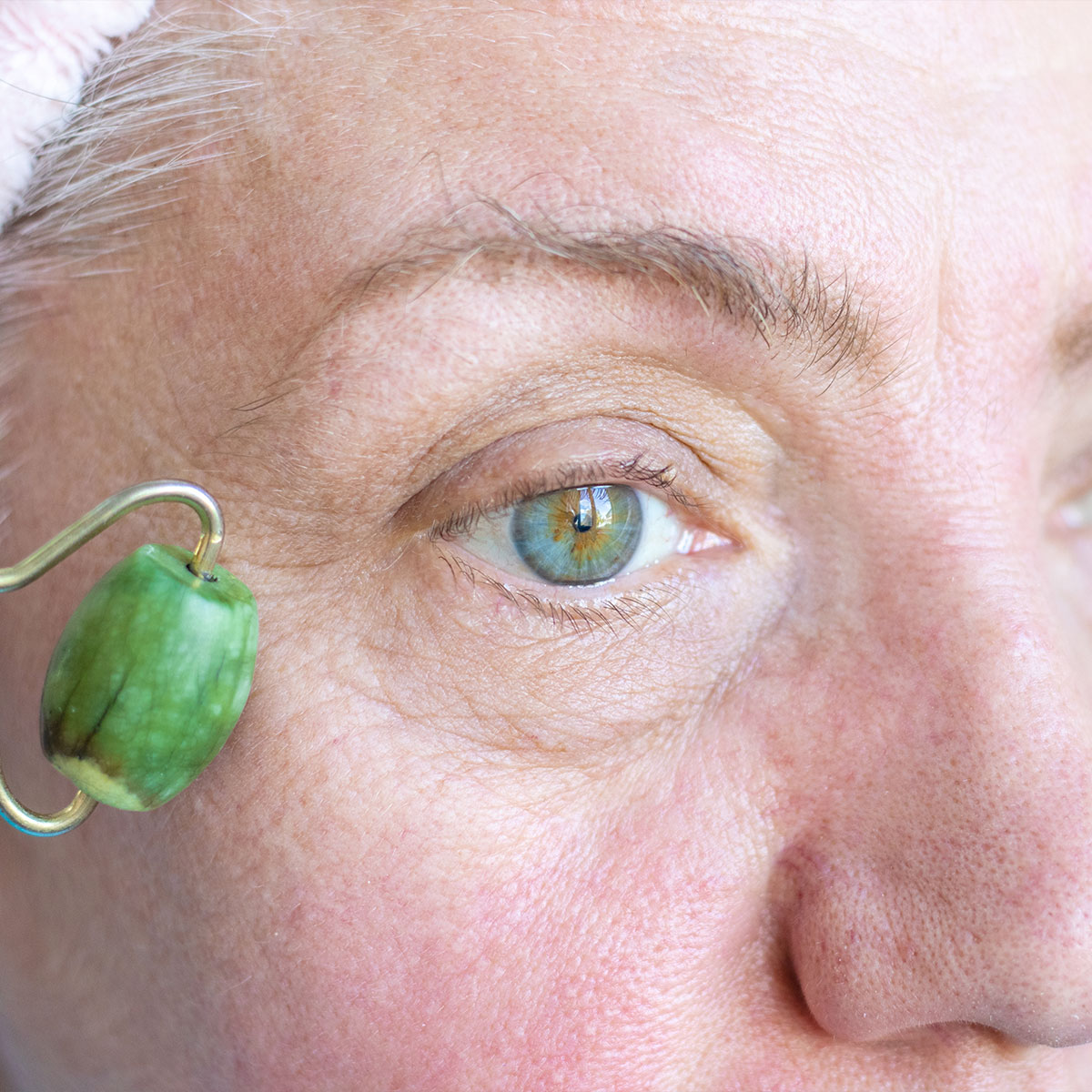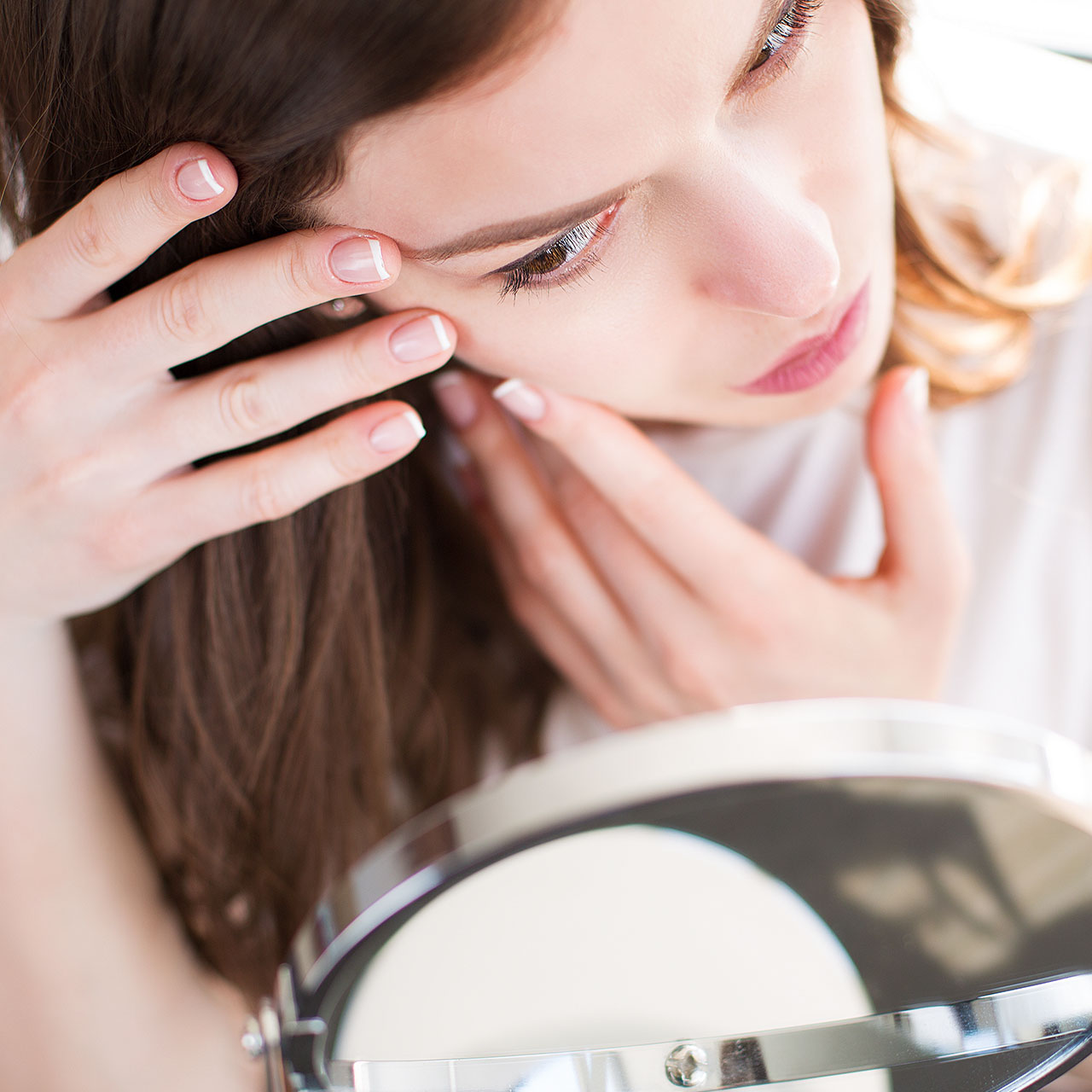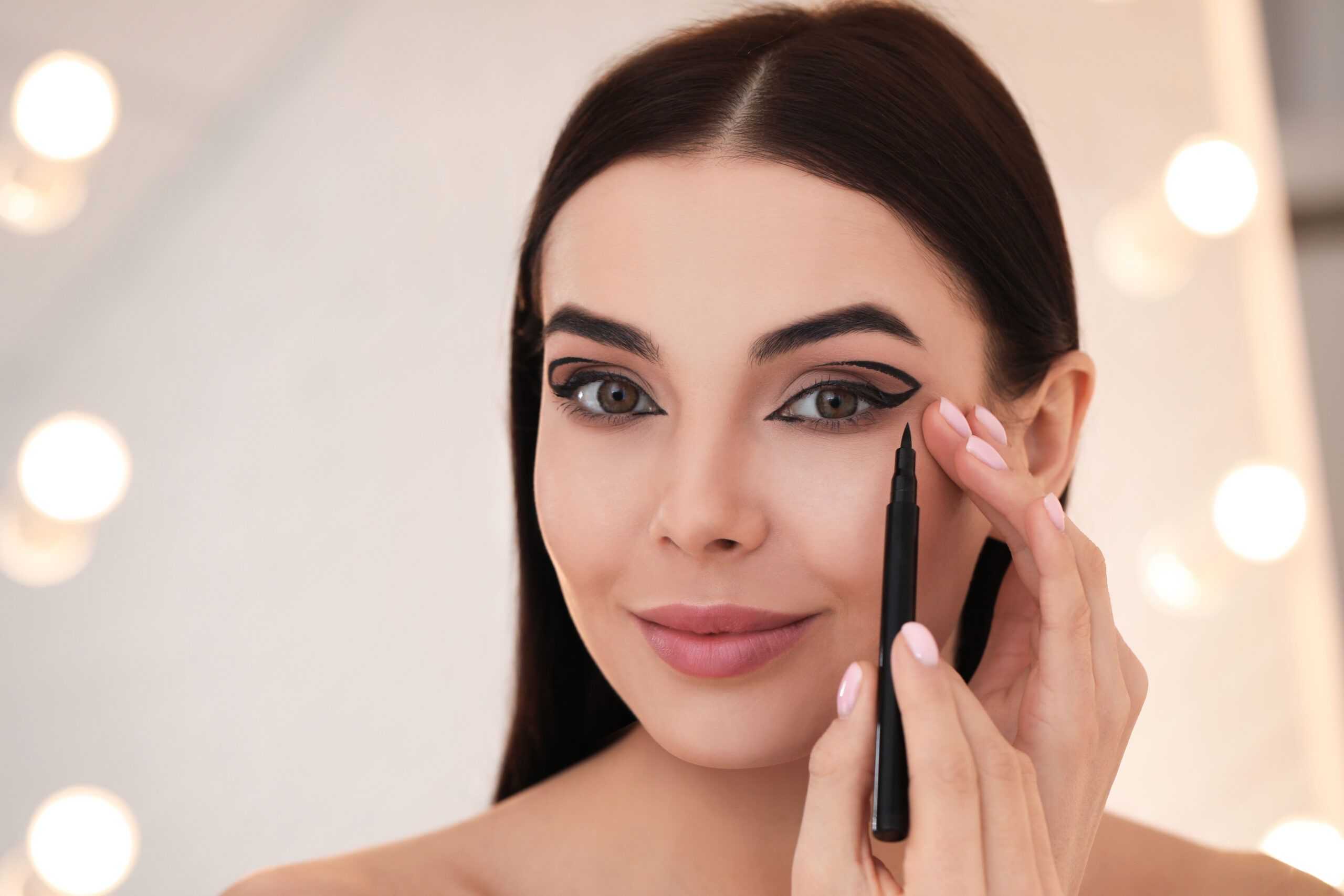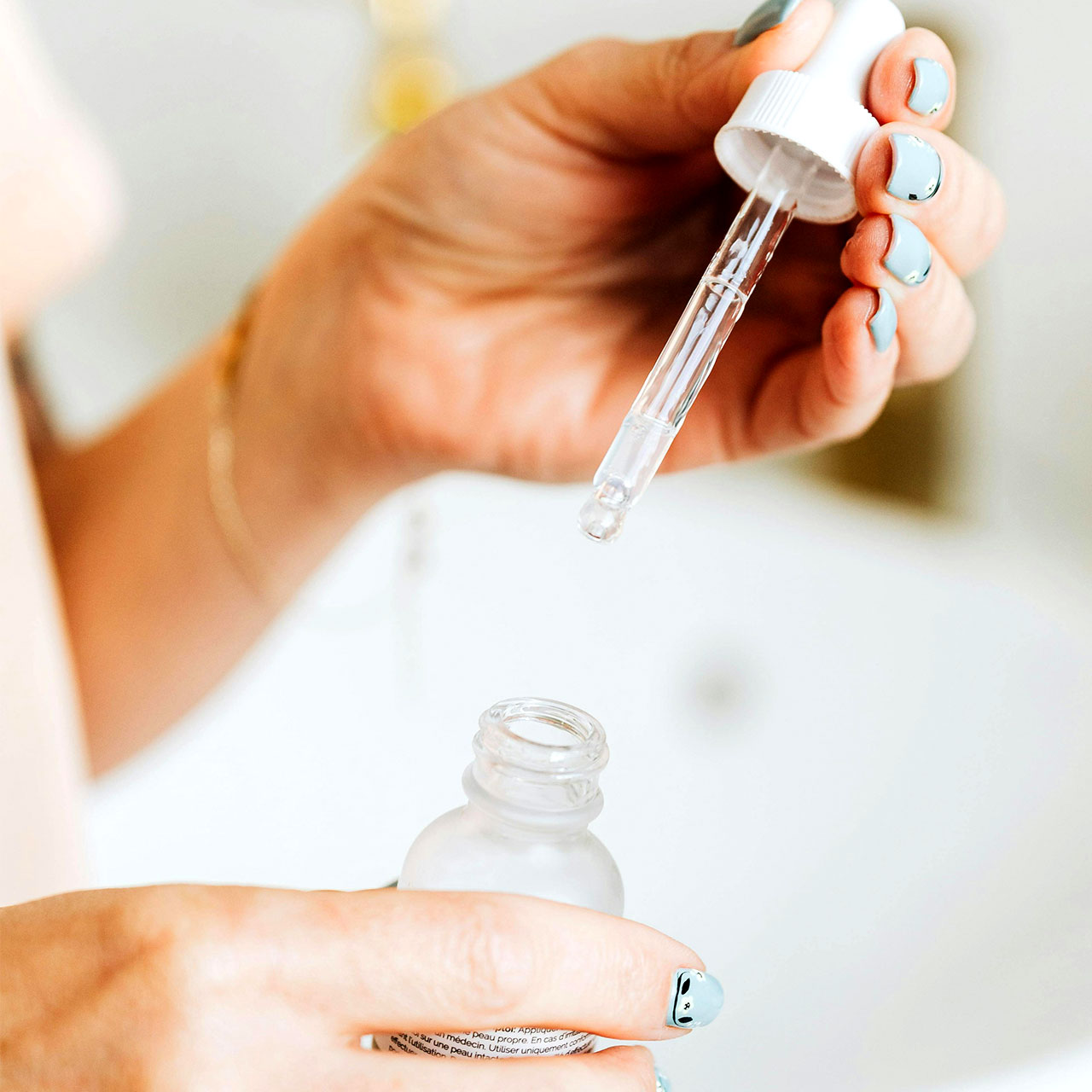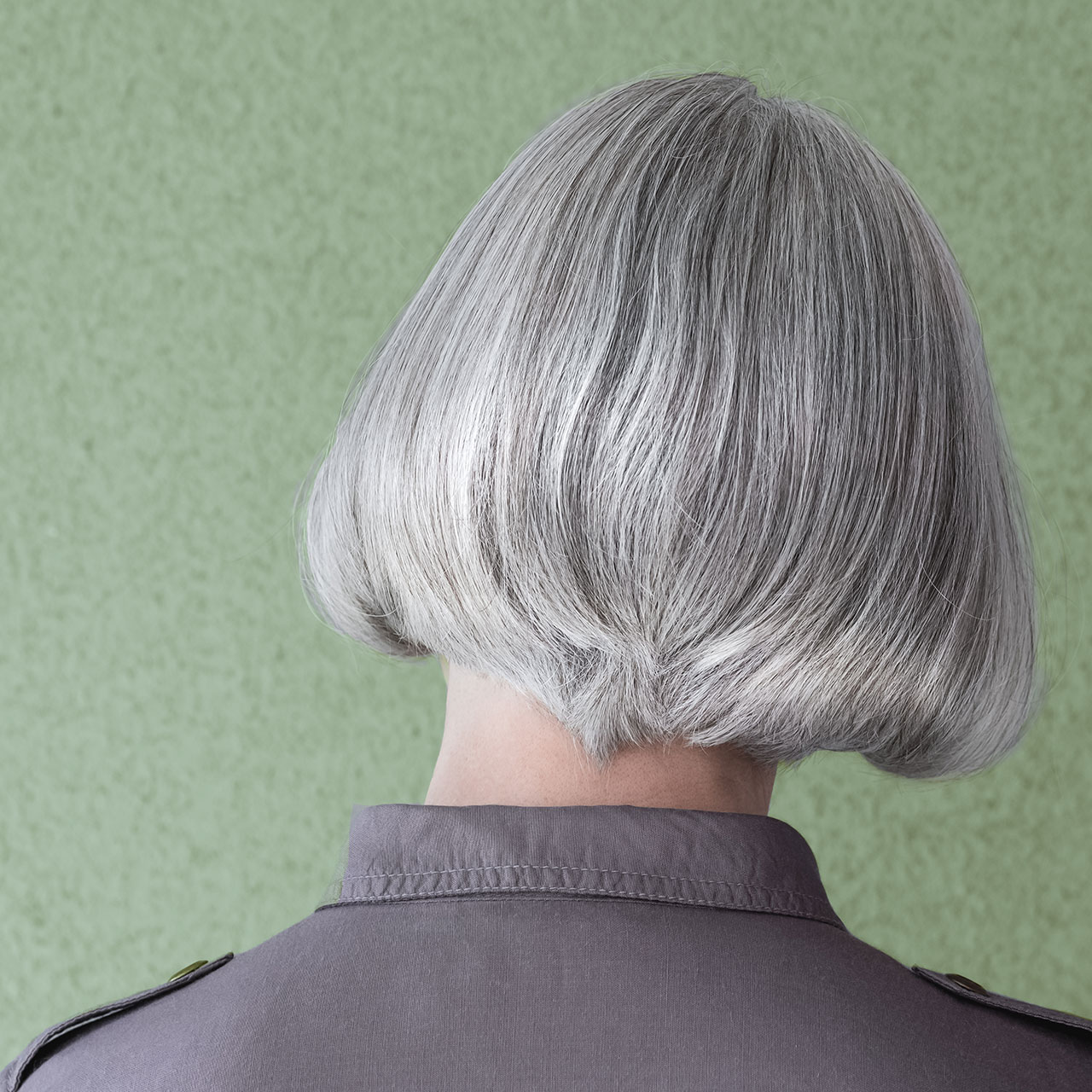Dark spots, or hyperpigmentation, is a skincare concern for many — but it’s in no way uncommon. Whether they appear as a result of UV exposure, hormonal changes, or aging, you may have them, and you may be looking for ways to fade them (and prevent more from popping up). So, what should you do? For starters, it’s important to know the difference between effective ingredients for dark spots and those that sound like they could work, but don’t have the backing of dermatologists in the know. Here, two dermatologists tell us the best dark spot serum to take years off your appearance.
Hydroquinone
The best topical treatment for dark spots is a classic ingredient: hydroquinone.
“It is available in prescription strain at 4% and has the best possibility of lightning dark spots,” said Dr. Robin Evans at Southern CT Dermatology. “Other topical agents that can be helpful to varying degrees include topical cysteamine which be is found in the product Cyspera, and Kojic acid.”
Dr. Yoram Harth, board certified dermatologist and medical director of MDacne, said there are many causes of dark spots on the face and body and one common treatment and that a combination of ingredients, that include hydroquinone, is the best solution. “These dark spots can be caused by the sun (aka sunspots, lentigines), hormonal changes (melasma), or signs left after acne or another inflammatory skin disease (also called post-inflammatory hyperpigmentation (PIH),” Dr. Harth said. “All skin brightening products target the production of excess melanin in the skin. The difference between the products is in the exact place in the production chain of melanin that they block. The gold standard of prescription dermatologists’ skin-lightening formula is Kligman’s.”
According to Dr. Harth, Kligman’s includes hydroquinone, which Dr. Harth called the most effective anti-dark-spot ingredient, hydrocortisone to reduce the irritation associated with hydroquinone, and retinoic acid to enhance its penetration. “The main disadvantages of using this formula are the high cost of dermatologists’ visits and prescription compounded medicines,” Dr. Harth noted. “Hydroquinone is not allowed for use in over-the-counter serums and creams.” (However, some new formulations provide a similar effect to the Kingman formula without a prescription.”
What Are Hydroquinone’s Limitations?
Unfortunately, hydroquinone isn’t a silver bullet when it comes to dark spot solutions. “In general chemical peels offer even more improvement than any topical agents,” Dr. Evans said. “Lasers can be used for certain types of dark spots, but this can be tricky and results vary depending upon the patient skin type and the actual pigmentary condition that is being treated.”
Dark Spot Prevention
As for preventing sun spots to the best of your ability? You guessed it: SPF. “Sun protection is always necessary to prevent recurrence,” Dr. Evans said.


